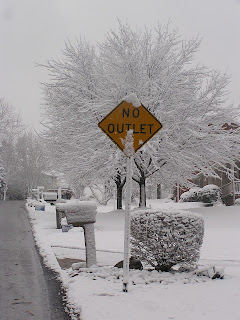First I have to mention that a verse I read yesterday uncannily predicted our actual weather of yesterday:
There will be a deluge of rain, great hailstones will fall, and a stormy wind will break out. – Ezekiel 13:11
Enough weather report. Here are my impressions of Ezekiel so far, through Chapter 16.
This is not a section of the Bible you are going to hear a sermon preached from very often. It’s just too weird and scary. The book begins with a vision of fire, humanoid winged creatures, and wheels with eyes on the rim. ‘Ezekiel saw the wheel,’ but the song doesn’t tell you how bizarre the wheels were. There are other visions, and the Lord commands Ezekiel to symbolically act out the coming destruction. Chapter 5 features a symbolic haircut. I am glad I discovered this for my research on Hair in the Bible.
How does this book portray God? First off, God appears as fire and radiance. Holy and supernatural, which would be appropriate for God.
And God is angry. Throwing the furniture around and setting things on fire and cutting up stuff with swords kind of angry. Why? Because of the people’s rebellion against God’s laws, their ingratitude, their vile rituals, their idol worship, murder, and injustice. Chapter 16 is a looong chapter portraying Jerusalem as God’s unfaithful bride who has become a [5-letter word beginning with ‘w’ that will not appear on this blog]. The text says that Jerusalem is more sinful than Sodom, heretofore known as the poster-city for iniquity.
Thankfully, Chapter 11 has a brief word of mercy. After God scatters the people, and they have had their punishment, God will gather them together again.
I will give them one heart, and put a new spirit within them; I will remove the heart of stone from their flesh and give them a heart of flesh, so that they may follow my statutes and keep my ordinances and obey them. Then they shall be my people, and I will be their God. Ezekiel 11:19-20
So that’s the first third of Ezekiel. Only 32 more chapters to go.








